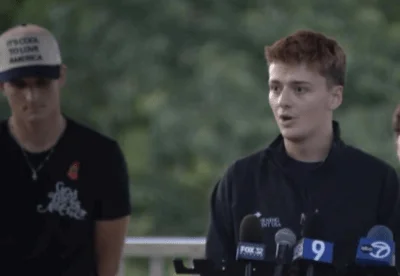City of Evanston issued the following announcement on June 20.
The City of Evanston's Health and Human Services Department has received a report of the first human case of West Nile virus in Illinois for 2018. A Chicago resident in her 60s became ill in mid-May.
Because the case occurred earlier in the season than human cases of West Nile virus are typically seen in Illinois, the Illinois Department of Public Health (IDPH) requested additional testing by the Centers for Disease Control and Prevention and confirmation was received on June 19.
The first human case of West Nile virus in 2017 was reported on July 20, 2017. Last year, 63 counties in Illinois reported a West Nile virus positive mosquito batch, bird and/or human case. For the 2017 season, IDPH reported 90 human cases (although human cases are underreported), including eight deaths.
West Nile virus is transmitted through the bite of a Culex pipiens mosquito, commonly called a house mosquito, which has picked up the virus by feeding on an infected bird. Common symptoms include fever, nausea, headache and muscle aches. Symptoms may last from a few days to a few weeks. However, four out of five people infected with West Nile virus will not show any symptoms. In rare cases, severe illness including meningitis or encephalitis, or even death, can occur. People older than 60 and individuals with weakened immune systems are at higher risk for severe illness from West Nile virus.
"Residents need to be cognizant that West Nile virus prevention does not stop with the adult mosquito operations performed by the North Shore Mosquito Abatement District," said Evanston Health and Human Services Department Director Evonda Thomas-Smith.
The best way to prevent West Nile virus or any other mosquito-borne illness is to reduce the number of mosquitoes around your home and to take personal precautions to avoid mosquito bites. Precautions include:
- Avoid being outdoors when mosquitoes are most active, especially between dusk and dawn
- When outdoors, wear shoes and socks, long pants and a long-sleeved shirt and apply insect repellent that contains DEET, picaridin, oil of lemon eucalyptus or IR 3535, according to label instructions. Consult a physician before using repellents on infants.
- Make sure doors and windows have tight-fitting screens. Repair or replace screens that have tears or other openings. Try to keep doors and windows shut, especially at night.
- Eliminate all sources of standing water where mosquitoes can breed, including water in bird baths, ponds, flowerpots, wading pools, old tires, and any other containers.
If you observe a sick or dying crow, blue jay, robin or other perching bird, please report it by calling/texting 847-448-4311. The Evanston Health and Human Services will then determine if the bird will be picked up for testing.
Additional information about West Nile virus can be found on the IDPH website.
Original source can be found here.
Source: City of Evanston






 Alerts Sign-up
Alerts Sign-up